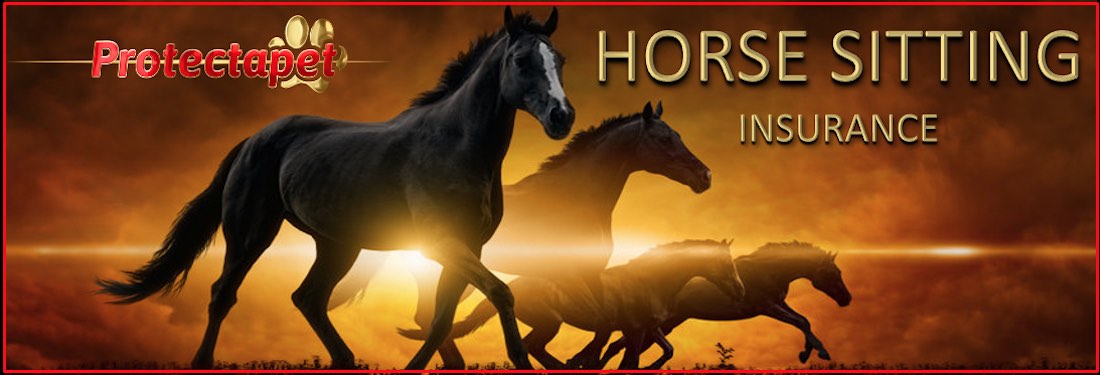

Being a professional horse sitter does mean that you need a certain amount of experience and equine knowledge to do it professionally.
This is not the type of insurance that comes off the shelf. Equine sitting insurance is a specialised field and policies are tailor made and individually produced for your specific insurance needs.
Much will depend upon the number of horses in your care, the geographical area you work within, whether the horse’s are in your own premises or you travel to other equine or private stables to carry out your job. You may even be responsible for the transportation of the horses you look after.
It is a big responsibility to look after and care for the safety of a client’s valuable horse whilst in your care. Our equine / horse sitting insurance can get you the cover you need so that you don’t end up paying for insurance cover not associated with your specific business needs.
Our Specialist equine insurance can provide you with a variety of Horse insurance cover, from horse and rider, to business, tack, horse shops and premises, liability insurance, personal accident and injury insurance, to name a few.
If you have a need for any type of horse related insurances, then don’t hesitate to talk to the experts, or get a quote. We will save you money and advise you on the proper cover needed and save you money.
If you are a pet sitter who offers equine care, you want to make sure that you offer quality care that stands out. This will allow you to build a strong reputation and attract more clients. Having personal pet sitters insurance will undoubtedly show your responsibility and commitment to the job in hand.
In order to build and maintain a strong business as an equine / horse sitter we recommend the following -
Having some education and credentials for the care of horses will demonstrate that commitment and will strengthen your knowledge base. This will also show that you are trained in providing the highest level of care for the clients horse or pony-
It is important to schedule a face-to-face meeting. Not only will this allow you to sell yourself and your services, but it will give you an opportunity to gather important information that you need to know before accepting a horse-sitting assignment. By showing up on time to the consultation and coming prepared, you can make a good first impression. You should be equipped with a service contract and with a list of the important questions to ask, and a copy of your Equine / horse sitters insurance cover.
A potential client will see your attention to detail and ability to plan for many scenarios, based on the questions you ask. And make sure you set aside enough time to interact with the horse or ponies you will be caring for. These interactions will show the owner that your qualifications don’t just look good on paper. You are comfortable around horses and you know your way around a horse livery yard or private stables.
You may never have to seek emergency veterinary care for a horse or pony, but you need to have a plan in place in case that care is needed. Prepare a list of thorough questions to ask owners about what to do in the case of emergency. That information will enable you to act quickly if an emergency arises. You want to make sure that you have contact information for the horse’s veterinarian. Make sure that the owner has given you authorization to engage a vet in an emergency, and that the owner has notified the vet ahead of time that you will be horse sitting. See if the horse is insured and if the owner has made arrangements for billing. If the horse or pony that you will be caring for is not insured, we can offer horse and rider insurance for the owner.
When discussing the plan for Emergency Veterinary care, you need to ask the owner about transportation for the horse or pony. Will the vet come to do call outs to the stables that the horse is based? if not does the owner have someone available to provide transportation? And is the horse or pony accustomed to travelling?
Finally, you need to know the owner’s farrier of choice and if a call to one is warranted if there is a problem.
Your ability to handle an emergency and being prepared with personal Equine sitting insurance will speak volumes about your service level.
Follow the horses routine. Horses require a high level of care, and they have routines that you should follow closely. The first step to following a routine is making sure you understand the ins and outs of each horse’s routine, including feeding and turnout schedules. No two horses are the same, and no two owners are the same. Once you record the instructions, make sure you follow them closely.
But even if you follow the routine, problems can arise, so be observant. Horses can’t tell you what is bothering them, but through experience and research, you should be able to detect the signs of common ailments such as colic, a gastrointestinal disorder that can be fatal. Horses come in all shapes and sizes, and there are many different breeds, but basic care is the same.